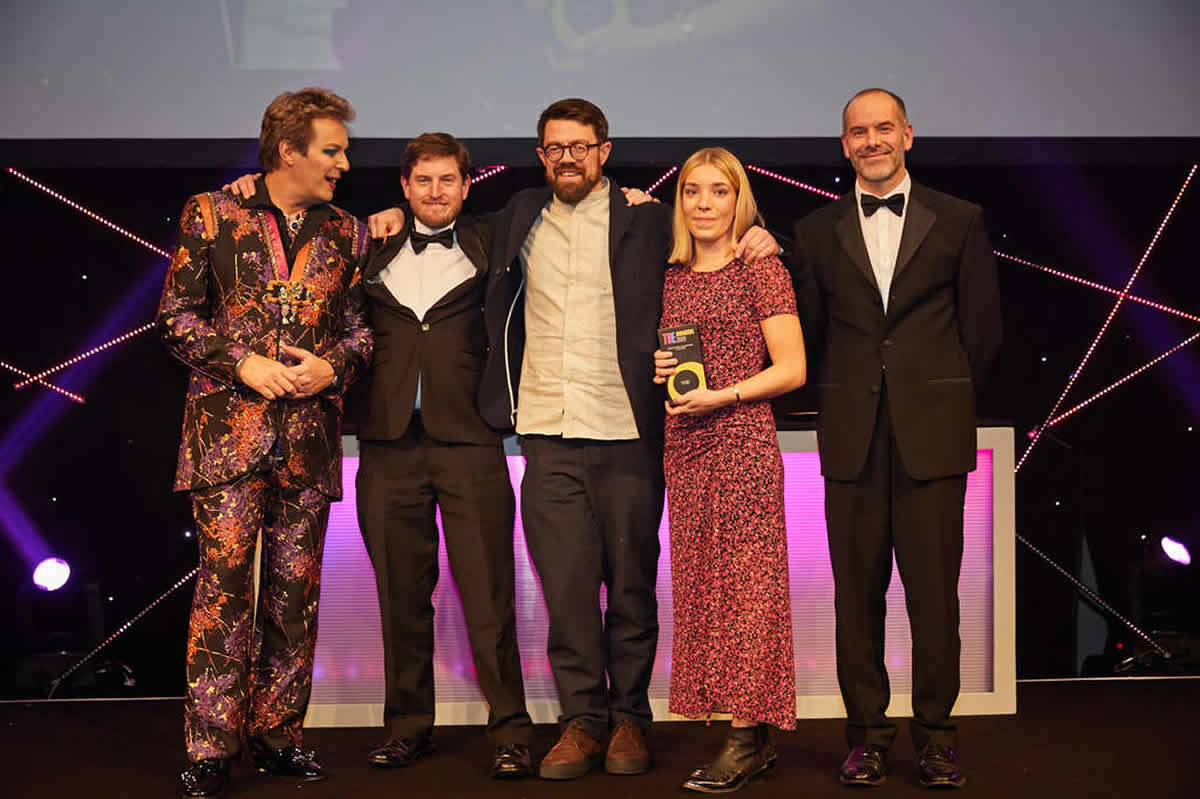A global research partnership, which uses technology to deliver ground-breaking human rights investigations, has been recognised with a nomination at the prestigious Times Higher Education Awards. Amnesty’s Digital Verification Corps, in partnership with the University of Essex and five other global universities, which includes the University of Pretoria through its Centre for Human Rights, has been awarded the 2019 Times Higher Education award for international collaboration, for the joint work that went into our comprehensive investigation into civilian casualties in Raqqa earlier this year.
The Times Higher Education Award for best international collaboration was awarded to the Digital Verification Corps and Essex DVU, as well as the other DVC partners for their joint open source investigative work on Raqqa, Syria. The findings fed into a wider investigation by Amnesty International and Airwars, published in April 2019, which revealed evidence that the US-led Coalition’s four-month military offensive on Raqqa in June-October 2017 killed at least 1,600 civilians.
#THEAwards: @amnesty 's Digital Verification Corps allows students to gain #OSINT skills + form lasting bonds with #humanrights defenders around the????
— Human Rights Centre (@EssexHRC) November 27, 2019
We asked former members to explain its work ????@hrcberkeley @CGHR_Cambridge @humanrightshku @CHR_HumanRights @IHRP_UofT pic.twitter.com/DizBmHN4ph
Reacting to the news that Amnesty International and University of Essex were awarded this year’s Times Higher Education award for International Collaboration, Sam Dubberley, Head of Amnesty International’s Digital Verification Corps, said:
“We’re delighted and this award recognizes what we and our university partners around the world already knew – that the Digital Verification Corps has gone from strength to strength since its inception only a few short years ago.
“Whether it’s gathering digital evidence of potential war crimes or verifying content in real-time amid the recent wave of protest crackdowns in countries including Hong Kong, Iraq and Chile, this collaboration has pioneered some of the most cutting-edge human rights research in the world today.
“Open source investigations have really come into their own, bringing invaluable depth and context to journalism, litigation and other fields. What the dozens of students in Amnesty International’s Digital Verifications Corps at Essex and our five other university partners do is bring the same rigour and methodology to investigate some of the most pressing human rights issues of our time, to bring justice to the victims and hold perpetrators to account.”
The Digital Verification Unit at the University of Essex (DVU) was one of the founding partner universities in Amnesty International’s Digital Verification Corps, which now includes Hong Kong University, the University of Pretoria, Cambridge University, the University of Toronto and University of California-Berkeley.
For more information on the collaboration between Amnesty International’s Digital Verification Corps and the University of Essex, please see:
https://www.essex.ac.uk/news/2019/09/05/global-human-rights-collaboration-recognised-with-the-awards-nomination
To view an interactive website with Amnesty International’s final investigation into Raqqa, please see:
https://raqqa.amnesty.org/
For more information on the Times Higher Education Awards, please see:
https://www.the-awards.co.uk/2019/en/page/home-awards


